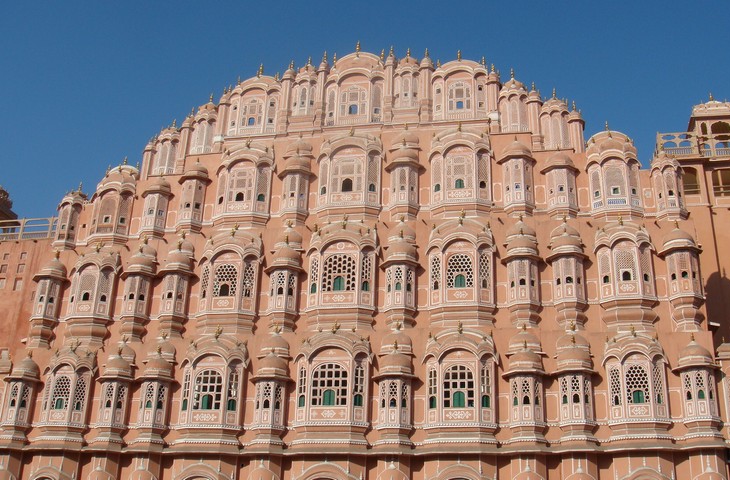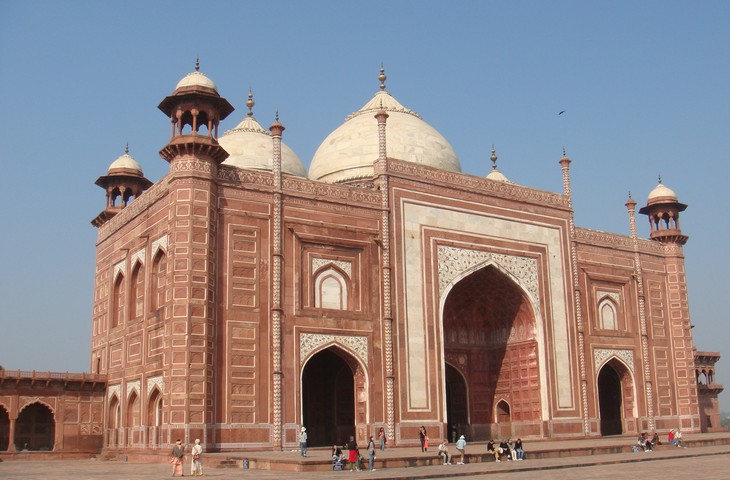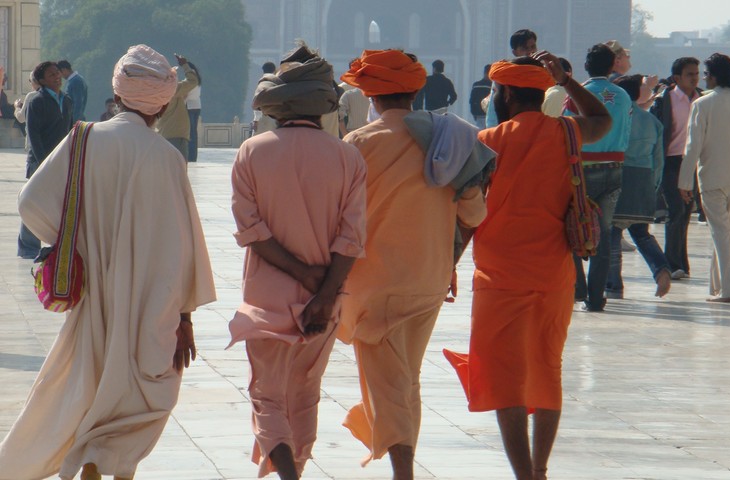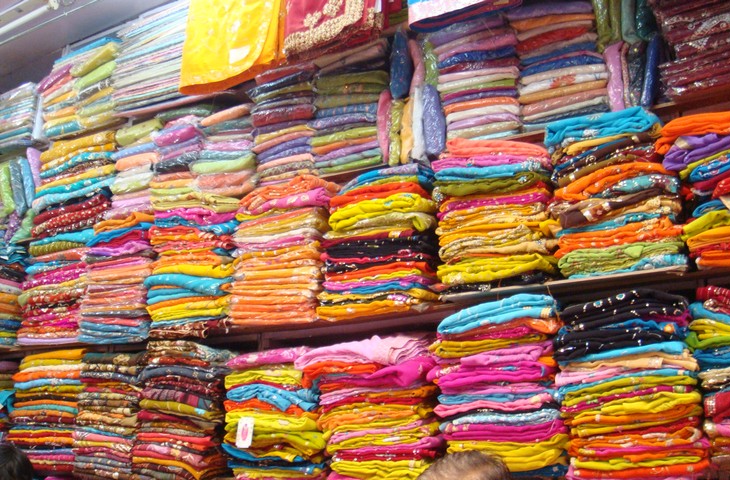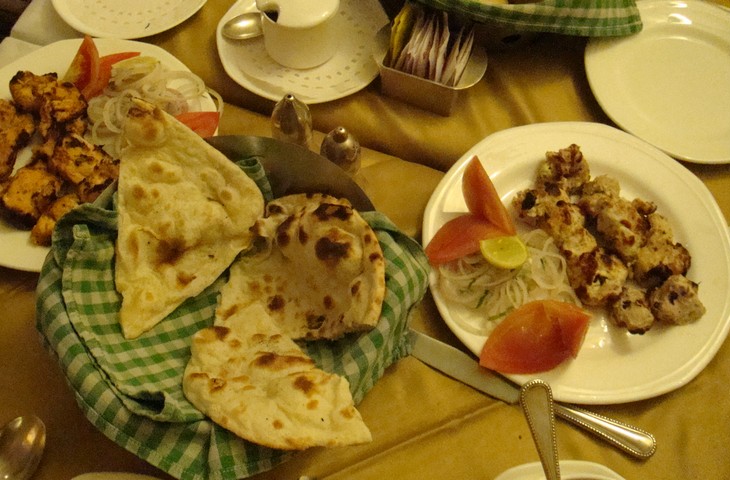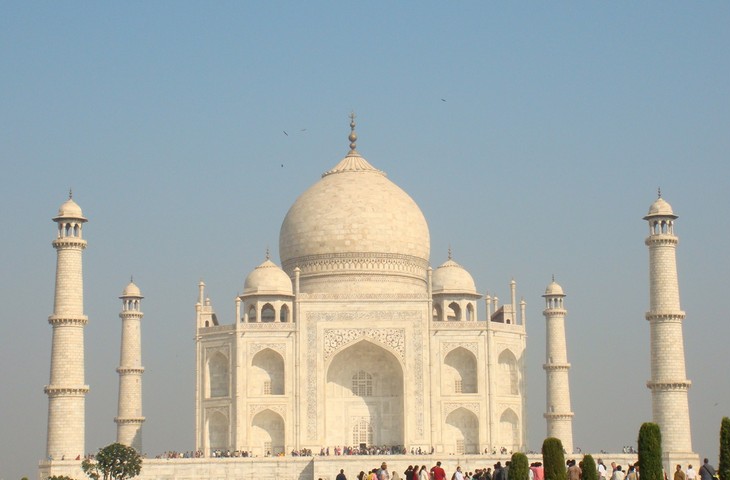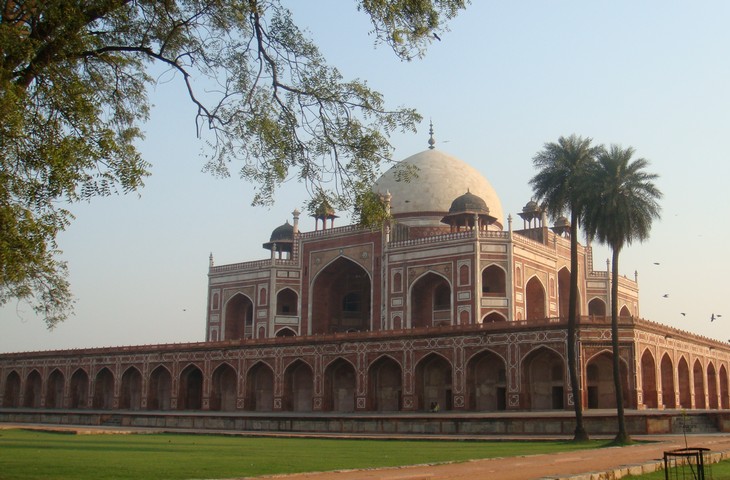Medical tourism in India features 22 JCI-accredited hospitals and offers services banned elsewhere
India is one of the most rapidly developing markets in medical services with about 15,000 clinics with most of them being located in Chennai, New Delhi, Bangalore, and Mumbai.
Medical treatment in India ensures:
- a considerable financial advantage compared to Singapore and Malaysia offering coronary bypass surgery for $1,700 and knee replacement for $8,200.
- the so-called “reverse brain drain” when Indian surgeons apply their skills in their home country after years of studying in the U.S. and UK. Medicine in Indonesia is also known for reverse brain drain and is therefore very popular in those price-oriented overseas patients looking for cosmetic surgery, especially in Bali.
- In India private investors finance the development of not only hospitals but entire networks of health centers purchasing new medical equipment and covering training of local physicians abroad to obtain the necessary experience in applying modern treatment protocols.
- that physicians working at medical tourism hospitals in India speak a few foreign languages to make the stay of foreign patients as comfortable as possible. This makes undergoing treatment in Indian cities as popular as health tourism in Israel.
- Indian government encourages medical tourism giving green light to procedures such as surrogacy restricted in other countries.
- In 2015, in India there were 22 health facilities which received the certificate of conformity to 'gold standard' in healthcare and were accredited by the JCI (Joint Commission International), USA.
Patients who read this article also read about Rigvir cancer therapy in Latvia.
 India
India
